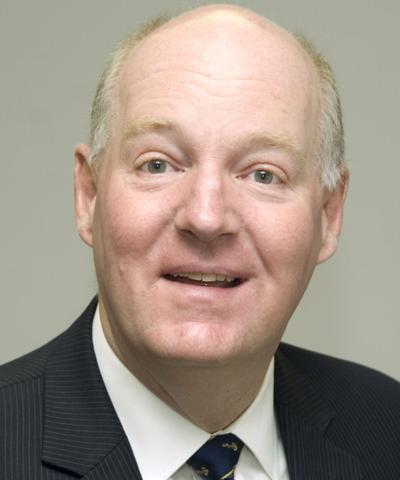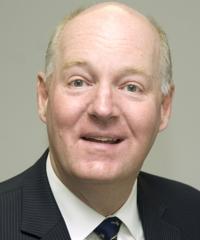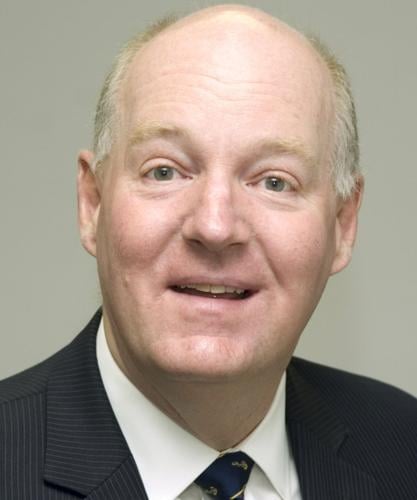Is political polling, at least as we’ve known it, at an end? The answer is probably not completely, but polls, those blow-by-blow percentages we media types used to live by, aren’t what they used to be.
Their relevance has been a gradual slide and we’ve seen that proven again and again – here in Virginia and nationally, too.
If polling had adequately captured voter opinion, focusing on the states where the election was toe-to-toe, then pollsters wouldn’t have predicted Hillary Clinton the runaway winner in the 2016 presidential election. And they would have captured just how close the Biden/Trump race last year was going to be in the major swing states.
The same goes for several Senate races the Democrats were expected to win in 2020 but didn’t.
So what happened? Why did the major polling organizations, once so impressively accurate, falter?
The answer can be found in 21st-century technology and lifestyle changes. Obtaining reliable samples and contacting likely voters is a lot harder than it used to be. There may be no way around all the impediments that now stand in a pollster’s way.
Political polling is all about establishing a broad enough statistical sample, representing the various bits and pieces of the electorate who intend to vote, and then contacting these voters and carefully asking for their views and preferences. Conducting a good poll takes a lot of work. Thing is, it’s become harder to develop that sample and far more difficult to contact prospective voters.
If this were 1980, every voter would have a landline with a specific address attached to that number. And because there was no caller ID, voters would have picked up the phone and readily answered pollsters’ questions.
However, over the past couple of decades we’ve shifted to cell phones. At the same time our society and our level of trust has changed. Often, with numbers that don’t match addresses, and because of caller ID, we’re far less likely to answer a call from an unfamiliar number.
Also, we’re not quite as trusting as we once were. If the caller says they’re conducting a poll, it’s a natural reaction for many to think that it’s a “come on” – someone trying to settle my student loans from 45 years ago, which I never had, or offer a deal on car repair insurance I can’t refuse.
Then there is the truthfulness factor. Voters don’t seem as eager in the 21st century to tell a pollster their real intentions. This is not a new phenomenon. In 1989 in Virginia, Doug Wilder, an African American, led handily in every poll in his race for governor against Republican Marshall Coleman. Back in those days, there were no cell phones, and polls had a good reputation.
Wilder’s win, however, was one of the closest in Virginia history. The polls had gotten it wrong. Or, as many suspected, some Virginians weren’t as keen on electing a Black man their governor as they said they were.
This trait in political polls of prospective voters not revealing their true intentions has become more common in recent years.
There is also the matter of early voting and double-counting. Not all polls are created equally – some are a bit slipshod – while at other times voters don’t tell the whole story. Given that early voting is now a matter of course in Virginia it’s not that hard for a pollster to ask someone who has already voted what their intentions are and to never be told that person had already voted.
In 2013, when Terry McAuliffe was running against former Attorney General Ken Cuccinelli for governor and the next year when Sen. Mark Warner faced Ed Gillespie for re-election, most of the polls considered McAuliffe and Warner easy winners.
They both won, but by margins that were surprisingly close. Warner’s victory in 2014 was especially tight. The polls had missed something. Inadequate samples perhaps, voters not offering their true intention, or just as likely, more people than there used to be changing their minds at the last moment.
It’s that latter point that may be the most important. The electorate is more fluid in its opinions and liable to change them quickly.
While polling may still play a role, it’s unlikely that its dominance in the political narrative will ever be what it once was. It certainly makes me question any poll when it comes to Virginia’s statewide elections in 2021.
David Kerr is an adjunct professor of political science at Virginia Commonwealth University and has worked on Capitol Hill and for various federal agencies for many years.




(0) comments
Welcome to the discussion.
Log In
Keep it Clean. Please avoid obscene, vulgar, lewd, racist or sexually-oriented language.
PLEASE TURN OFF YOUR CAPS LOCK.
Don't Threaten. Threats of harming another person will not be tolerated.
Be Truthful. Don't knowingly lie about anyone or anything.
Be Nice. No racism, sexism or any sort of -ism that is degrading to another person.
Be Proactive. Use the 'Report' link on each comment to let us know of abusive posts.
Share with Us. We'd love to hear eyewitness accounts, the history behind an article.